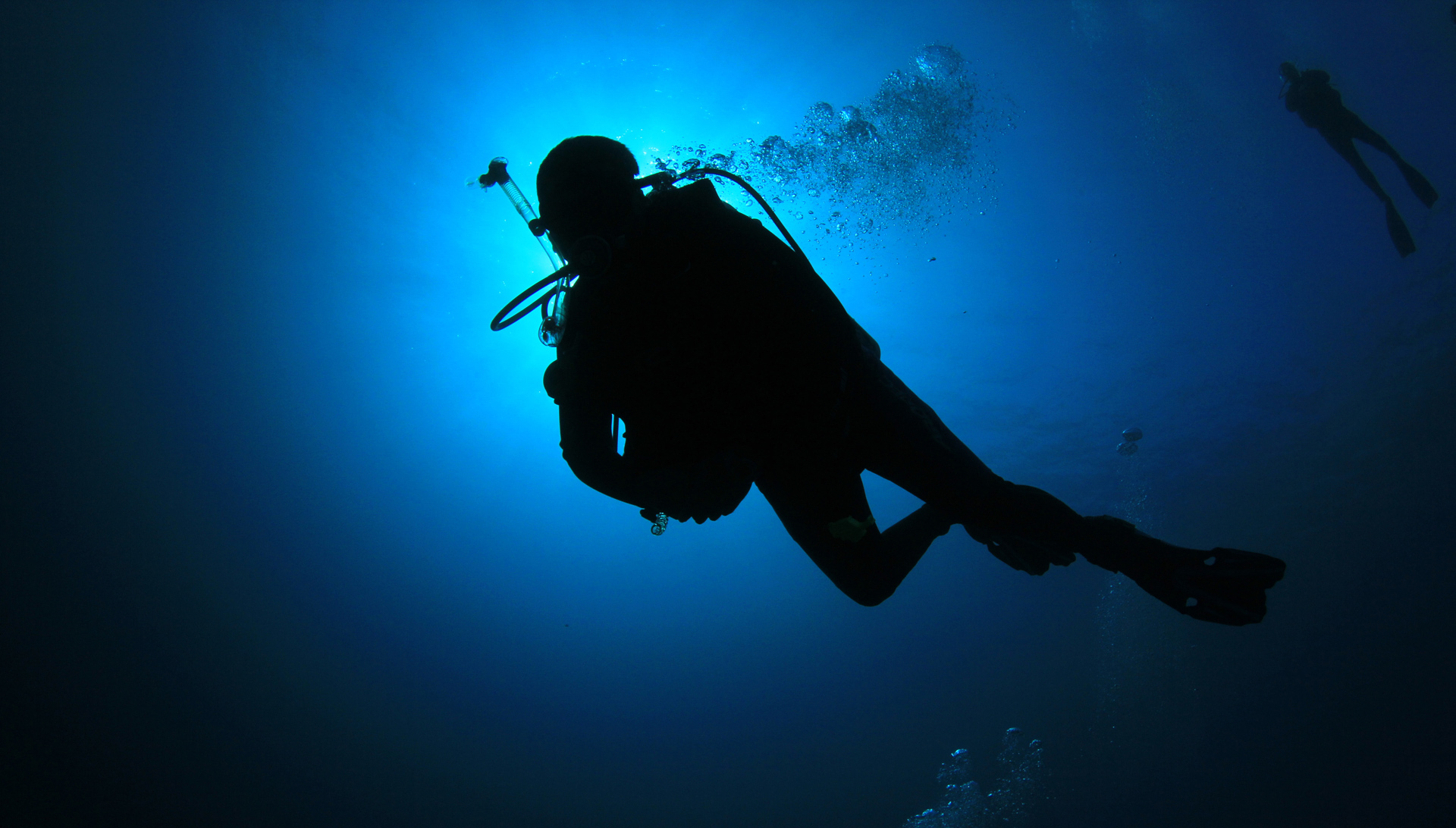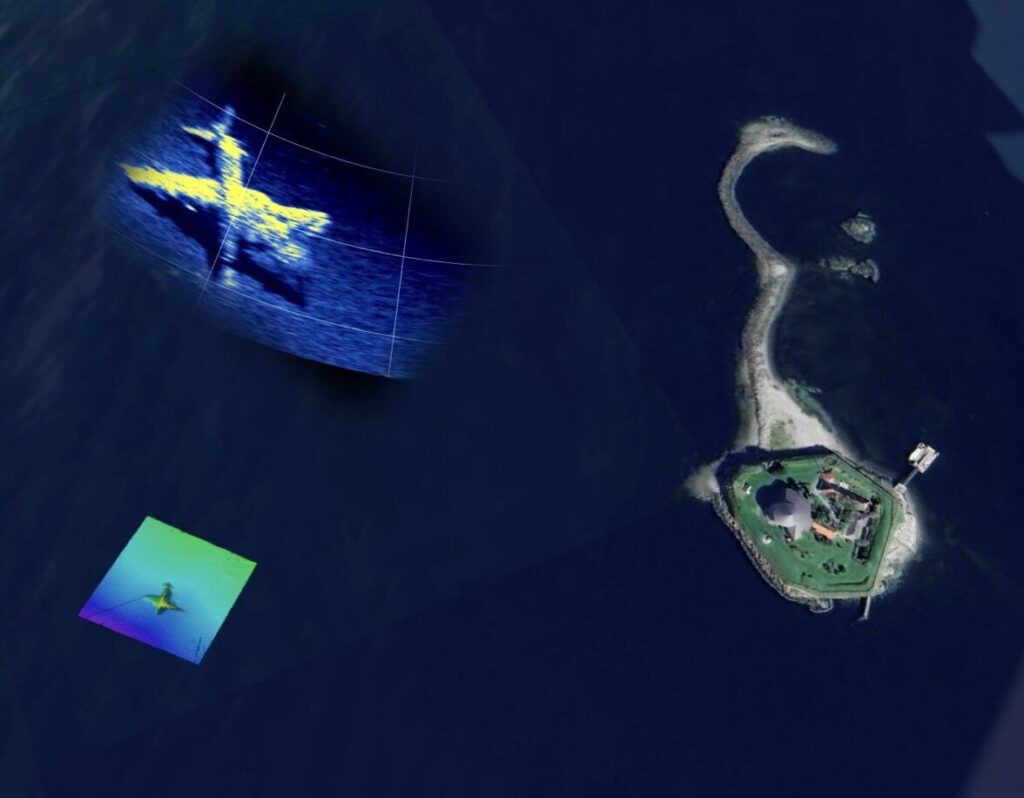NORBIT Security is proud to present Part 1 of an exclusive interview with Mjr (rtd) Cezary Jóźwaik, a former operative of the Polish Special Forces GROM Unit and a renowned expert in naval special warfare. With decades of experience navigating the world’s most complex maritime environment, Mr. Jóźwaik provides a rare and critical perspective on the evolving landscape of underwater security.
Why Underwater Intruder Detection Sonar Systems Matter Today
As maritime threats become more sophisticated, the strategic importance of integrated underwater intruder detection systems has never been greater. In today’s security environment, the underwater domain is the front line.
Mr Jóźwaik stresses the need for holistic surveillance approaches, combining cutting-edge sonar technology with intelligent situational awareness tools. These systems are not standalone; they are part of an integrated network that ensures ports, offshore energy platforms, and coastal infrastructure remain secure.
Countering a Broad Spectrum of Threats
From autonomous underwater vehicles (AUVs) to military divers with rebreathers, the threat profile beneath the surface is varied and dangerous. The systems discussed in this interview are engineered to detect, classify, and respond to such incursions, providing early warning and actionable intelligence.
Mr Jóźwaik outlines how modern sonar arrays can differentiate between potential threats, creating a complete picture for underwater defence that extends beyond visual or radar capabilities.
Impact of the Nord Stream Sabotage on Underwater Security
The sabotage of the Nord Stream pipelines in 2022 served as a sobering reminder that even the most remote and seemingly secure critical infrastructure can be targeted. The cost measured in billons of euros, international political tension, and environmental damage showed the true need for underwater surveillance.
This incident reaffirmed the need among Baltic and European governments to invest in advanced underwater monitoring capabilities. According to Jóźwaik, this is not merely about recovery, it is about prevention and resilience.
The Baltic: A Strategic and Unique Area
The Baltic Sea, with its complex seabed, shallow depths, and busy commercial shipping routes, presents challenges for underwater surveillance.
Mr Jóźwaik discusses how the region’s geopolitical sensitivity and technical demands shape the deployment of Intruder Detection Sonars (IDS). He also highlights emerging initiatives for multinational cooperation and the growing recognition that defending underwater domains requires a collaborative approach and intelligence, joint operations, and shared technology.
Watch the Full Interview – Part 1 Now
Stay tuned for Part 2, where we delve deeper into the sonar technology and maritime security.



